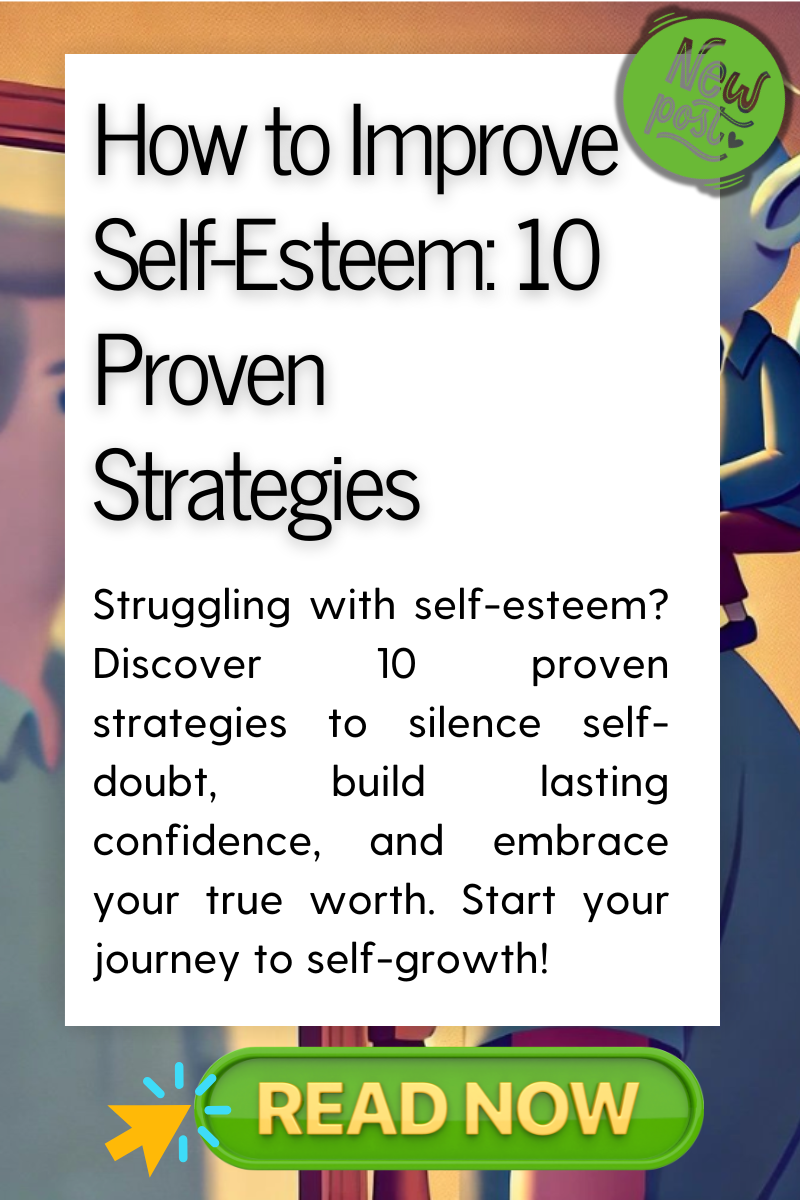Coping Strategies for Life Transitions: Tips & Advice
When Everything Shifts at Once
There’s a moment—maybe it’s after a move, a breakup, a layoff—when the shape of your life suddenly changes. Your routines don’t fit. Conversations feel off. You stand in the middle of your own apartment wondering if the fridge has always made that noise.
These are life transitions. And they come in all forms: a new job, a career change, a move to a new city, the loss of a loved one, a shift in a relationship, a medical diagnosis, or even just waking up one day knowing things can’t stay the same.
Some changes are chosen. Some aren’t. But all of them come with a mix of emotions—from hope to grief to confusion to relief, often all in the same hour.
This post isn’t about avoiding change. It’s about moving through it with a little more grace, a lot more self-compassion, and some practical strategies you can actually use.
1. Acknowledge the Transition (Don’t Skip This)
Your brain craves predictability. So when a big shift happens—whether it’s exciting or heartbreaking—your body reads it as a threat. That’s why even a “positive change” can feel overwhelming. This is backed by Lazarus and Folkman’s coping theory, which explains how stress responses arise when we’re uncertain whether we can meet a challenge.
Start here: name the transition. Say it out loud. Write it down. “I just moved.” “We broke up.” “I don’t know what’s next.”
Giving the experience language helps ground your mind. It creates a first step in a blurry landscape.
And if you’re feeling disoriented, scattered, or way too tired for no reason? That’s normal. It’s called being human in a significant life transition.
2. Accept That a Range of Emotions Is Part of It
There’s no one right way to feel during a major life change. You might bounce between hope, rage, numbness, and clarity all before lunch. That doesn’t mean you’re broken. That means you’re adapting.
Transitions surface past experiences, emotional health patterns, and stories we thought we already resolved. Let the emotions come. Don’t judge them. Let them pass.
Feelings of fear, guilt, or even excitement are all valid. And yes, it’s possible to grieve something you chose—like leaving a toxic job or ending a relationship. This concept is supported by research on ambiguous loss, which highlights how unclear or layered transitions (like endings we choose) still trigger deep grief responses. Don’t confuse relief with closure.
3. Prioritize the Basics: Sleep, Food, and Movement
In chaotic seasons, your daily routine becomes an anchor. Simple, small acts of self-respect—enough sleep, a balanced diet, physical activity—will regulate your nervous system even when nothing else feels steady.
That doesn’t mean you need a perfect workout plan. It means walking the dog. Stretching in the kitchen. Breathing slowly for 30 seconds. It means regular exercise as a form of grounding, not punishment.
This is your reminder that brushing your teeth, making your bed, or remembering to eat is part of the healing. Daily life matters. Physical health is emotional health. Practicing healthy habits like regular movement, balanced nutrition, and quality sleep are among the top evidence-based coping strategies used by mental health professionals to support resilience.
4. Create a New Routine—Even If It’s Temporary
Structure gives your brain a sense of safety. If you’ve just been through significant changes, start by blocking out one hour a day for something familiar: tea, journaling, a walk, or even playing video games.
Yes, even that.
A new routine doesn’t have to be rigid. It just has to be consistent enough to remind you: I’m still here. I’m still choosing. Over time, small systems create big shifts in your emotional well-being.
5. Practice Mindfulness (Not Just Meditation)
Mindfulness practices aren’t about becoming a monk. They’re about returning to the present moment when the future feels scary or the past won’t let go.
Try these:
Deep breathing exercises before checking your phone
A daily moment to feel your feet on the ground
Practice self-care like it’s a ritual, not a luxury
Even 60 seconds of stillness can help reset a spiraling thought loop.
6. Strengthen Your Support System (Yes, You Need People)
Transitions test our social connections. Some people pull away. Others show up. You might realize your support system needs upgrading—and that’s okay.
Start by spending time with those who make you feel seen. That could mean:
Close family members
Old friends
Support groups or online communities
A therapist or mental health professional
A coach offering professional support and structure
You don’t need a huge circle. Just a safe space. A few people who don’t try to fix you—but are willing to walk with you. Peer support groups like those offered by NAMI can be a free way to connect with others navigating life shifts in a judgment-free space.
7. Set Realistic Goals for This Chapter
Forget five-year plans. In transition, the win is often just doing the next right thing. Define realistic goals based on your current capacity—not your ideal self.
This could look like:
Applying to one job a week
Cooking dinner twice this month
Going to bed before 1 a.m. three nights in a row
Small wins build confidence. And over time, they become your new normal.
8. Lean Into Professional Guidance When Needed
Some transitions—grief, trauma, identity shifts—need more than self-help. If you feel stuck, isolated, or like your thoughts are turning in on themselves, professional help is not a failure. It’s a resource.
That might mean:
Therapy for more severe mental health challenges
Life transitions coaching for structure and clarity
A supportive environment like group sessions or peer circles
Or exploring cognitive behavioral therapy to reframe negative loops
Sometimes the bravest move is asking for backup.
Key Insights
🧠 Reflection Prompt:
What’s one part of your current transition you’re resisting the most—and what might shift if you softened toward it?
Remember, transition isn’t a problem to solve. It’s a process to move through—with intention, slowness, and sometimes support.
Further Reading
Lazarus and Folkman’s Coping Theory – How we appraise and respond to life stressors
Evidence-Based Coping Strategies – Backed-by-science tools that work
Ambiguous Loss – Why grief can linger even with chosen change
Peer Support Groups – Community options for emotional grounding
William Bridges’ Transitions Model – A psychological lens for inner change
Quotes for new beginnings to help you move with courage and clarity.
Ready to Feel Less Alone in the Transition?
If you’re in the thick of change—starting over, starting again, or just starting to question everything—you’re not meant to go through it in silence.
Coaching creates space for reflection, structure, and strategy in times of upheaval. It’s not about fixing you—it’s about walking with you through the unknown and helping you find your footing again.
Join the Conversation
This post is one side of the story… the other side is yours. What came up for you?
FAQs About Coping with Life Transitions
What exactly is considered a life transition?
A life transition is any major shift that disrupts your routine and challenges your identity. This could be a career transition, relationship change, move to a different city, new role, serious illness, or even something subtle like a growing sense that your life needs to evolve. Whether it’s one big event or a series of transitions, the impact can feel disorienting.
Why do major life transitions feel so emotionally intense?
Because they challenge your sense of safety and identity. During major life transitions, you’re often navigating new circumstances with little preparation. Your routines, roles, and relationships change, which triggers a mix of emotions—grief, fear, excitement, even guilt. Significant life changes can activate past wounds or unresolved previous transitions, making the transition process feel heavier than expected.
What are some effective coping strategies during big life changes?
Start with manageable steps: build a daily routine, practice self-care activities, and seek emotional support. Engage in social activities or support networking to reduce isolation. Learn new skills that support the new phase you’re in. And remember, there are different ways to cope—what works for others may not work for you.
Can I still struggle with positive transitions like a promotion or new relationship?
Absolutely. Even good news can bring emotional disruption. Moving to a new environment or stepping into a new role—while exciting—still pushes you out of your comfort zone. It’s normal to feel resistance or anxiety, even when change seems positive. These are still periods of transformation.
When should I seek professional support?
If you’re overwhelmed, shut down, or stuck in unhealthy coping cycles (like isolation or avoidance), it’s time to consider life transitions therapy or working with a mental health professional. Coaching is also helpful when you need clarity, structure, and practical advice for moving forward. If you’re dealing with a significant loss, adjustment disorder, or a major life event, outside help can play a crucial role in recovery.
How do I build a strong support system during transitions?
Look for people who offer emotional support, not just opinions. This could be trusted family members, peer communities, support groups, or a coach or therapist. You want a strong support system that provides a safe space, not pressure. Sometimes it helps to seek out others who’ve faced similar experiences—there’s power in shared wisdom.
Why do I feel like I’m failing during times of change?
Because most people were never taught that big life changes are a normal part of life. We’re taught to push forward, not pause. But realistic expectations matter. You’re not failing—you’re adjusting. These transitions can lead to personal growth, greater self-awareness, and meaningful personal development—but not without discomfort.
What if my coping mechanisms aren’t working anymore?
That’s okay. Normal coping mechanisms may stop being effective during intense transitions. It doesn’t mean something’s wrong with you—it means you’re growing. It may be time to add new tools like mindfulness, deep breathing, or unplugging your digital life (yes, even your favorite browser extension or ad blockers).
How do I know if I’m making progress?
Progress during transitions looks different. It might be feeling less anxious in social settings, setting boundaries, or simply breathing easier in your new space. With time, you’ll notice positive outcomes, a renewed sense of community, and a better understanding of yourself and your patterns. Keep checking in, celebrating small wins, and adjusting as needed.
Still have questions? That’s part of the process.
Life transitions rarely come with a manual—and even the best advice doesn’t always land until someone walks through it with you. If you’re feeling overwhelmed, uncertain, or just need a safe space to talk it out…
Let’s have a real conversation.
👉 Schedule Your Free Consultation
You don’t have to navigate this alone.
Want Extra Support Through Change? Start Here.
Transitions don’t just test your patience—they test your perspective. Whether you’re navigating career transitions, relationship changes, or other major transitions, the right book can give you words for what you’re feeling… and tools for what’s next.
These reads offer more than advice. They create greater ease by helping you zoom out, reframe fear, and move through difficult changes with clarity and calm.
If you’ve been craving insight—but aren’t ready for a therapist or coach—this is a solid starting point. And if you are working with mental health professionals, these books pair well with deeper conversations.
Psychologist William Bridges, in his Transitions Model, emphasizes that change isn’t just external—it’s the internal reorientation that takes the real work.
Recommended Reads for Times of Change:
Transitions by William Bridges – A classic for understanding the emotional arc of change.
Life Is in the Transitions by Bruce Feiler – Story-driven insights into navigating chaos and reinvention.
Maybe You Should Talk to Someone by Lori Gottlieb – A therapist’s view of healing, from both sides of the couch.
Burnout by Emily and Amelia Nagoski – For moving through overwhelm, especially in long or layered transitions.
Designing Your Life by Bill Burnett & Dave Evans – A creative, step-by-step guide to rethinking your future.
These books won’t eliminate the potential challenges of change—but they’ll make such transitions feel a little less lonely and a lot more human.
They’re not fluff. They’re a required part of this site because they reflect the work we do here: honest reflection, steady growth, and finding the courage to keep going.
Books Can Light the Way—But You Don’t Have to Walk Alone
Reading helps. It offers perspective, comfort, and clarity. But if you’re ready for something more interactive—something that adapts to your story in real time—coaching might be your next step.
Let’s move from insight to action… together.
Meet Josh: Honest Support for Life in Motion
I work with people in the middle of it—major transitions that don’t fit into neat little boxes. Career shifts, identity pivots, relationship endings, new beginnings that feel nothing like you expected.
My job isn’t to give you a to-do list. It’s to help you create clarity in the fog. To hold space when the questions are louder than the answers. And to help you build real momentum through practical tools, reflection, and consistent follow-through.
The truth? Most of us weren’t taught how to handle change. We were taught to power through it. Coaching gives you something different: steady, thoughtful social support, without the pressure to have it all figured out.
If you’re ready to feel less alone in the in-between…
You bring the story. I’ll bring the structure. We’ll walk through it together.























